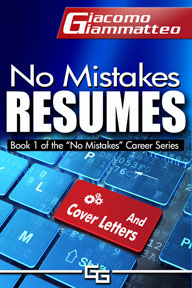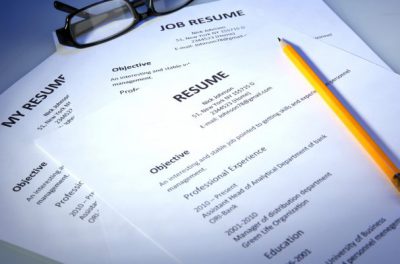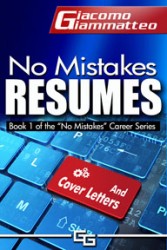How To Answer Interview Questions—Part 1
You never know what questions an interview team might ask you, but some questions seem to consistently pop up, regardless of the job or the company. I thought in this series of posts we’d cover them one by one.
The key to answering interview questions is all about understanding what the company needs. Each job description has a primary need or problem that must be addressed. We’ll discuss this in another post, but suffice it to say that if you hope to be successful you must understand what that need is before you interview, because all of your responses will be based on that understanding.
For today’s post I chose a question that you’ll surely face at some point in an interview. It seems to be a favorite.
Tell Me About Your Most Significant Accomplishment
This question is asked in a lot of interviews. I don’t know if the majority of interviewers ask it, but enough do to warrant preparing for it. The first thing to know about this question is to understand what they don’t want to hear.
- They don’t want you to respond with something from your personal life.
- They don’t want to know about an accomplishment from college, unless you’ve recently graduated and have no work history.
- And they don’t want to know about volunteer work or charity drives or anything like that—again, unless it is relevant to the position.
The only thing they’re interested in, is hearing about your work-related accomplishments.
There is a secret to answering this question that will give you a huge edge over the competition. I think most of us know what we’re good at, what problems we’ve had to overcome, and what conflicts we’ve had to deal with and resolve, but the secret to answering this question in an interview is to make sure your accomplishment is not just work related, but an accomplishment specifically relevant to the job at hand. It doesn’t have to be what you consider your most significant accomplishment, but it does have to relate to the job.
Let’s assume you’re interviewing for a position as a director of sales for a software company that sells technical products to non-technical people. You know they have concerns about your lack of experience in their product area. Regardless of what you really think is your most significant accomplishment, you need to show them something that will allay their fears.
A Good Response
“As far as my most significant accomplishment, I would say it has to be when I first got into sales. I went from college to teaching English in the inner city to kids who spoke primarily Spanish. After a few years of that, I moved into an entry-level sales position in telecommunications. At the time I knew nothing about technology or telecommunications, but my first full year in the business I was the number one rep in the country. By the end of year two I was a manager with six reps under me, and we had the number two district nationwide.
“I was successful in this position because I quickly realized that the key to selling to the decision makers was to understand their problems, and then convincing them we had a solution. The technical details could be worked out by the engineers.
“The reason I consider this my most important accomplishment was not because of what I achieved, but because of how it affected the company. After seeing my performance, they changed their policy about only hiring major account reps with technical experience; instead, they focused on hiring good reps and supported them with strong sales engineers.
“I see a lot of similarities between this position and the one I took back then. It’s a new technology in a high-growth market, and the competition is fierce. You don’t need your reps trying to convince customers to buy your product because of minor technical differences; they’ll do a far better job if they just sell a solution.â€
Analysis
We can argue all day about whether that candidate’s response was the right one, or whether technical experience is or isn’t needed in certain sales roles. The fact of the matter is, that answer got her the position, and she’s still doing great in that role, so for her, at that time, it was the perfect response.
Every situation is different, and you are going to have to call the shots as you see them. The one thing I’m convinced of is that no matter what the circumstance, you have to show the company how a major problem you solved—or a conflict you resolved, or a design you came up with—is the answer to a problem similar to their primary need.
Bottom Line
Make sure that your response has direct bearing on the job description. Do that, and you go from being just another candidate to being the lead candidate, because they can then visualize you as the person that will solve their problem/fill their need.






















Connect
Connect with us on the following social media platforms.